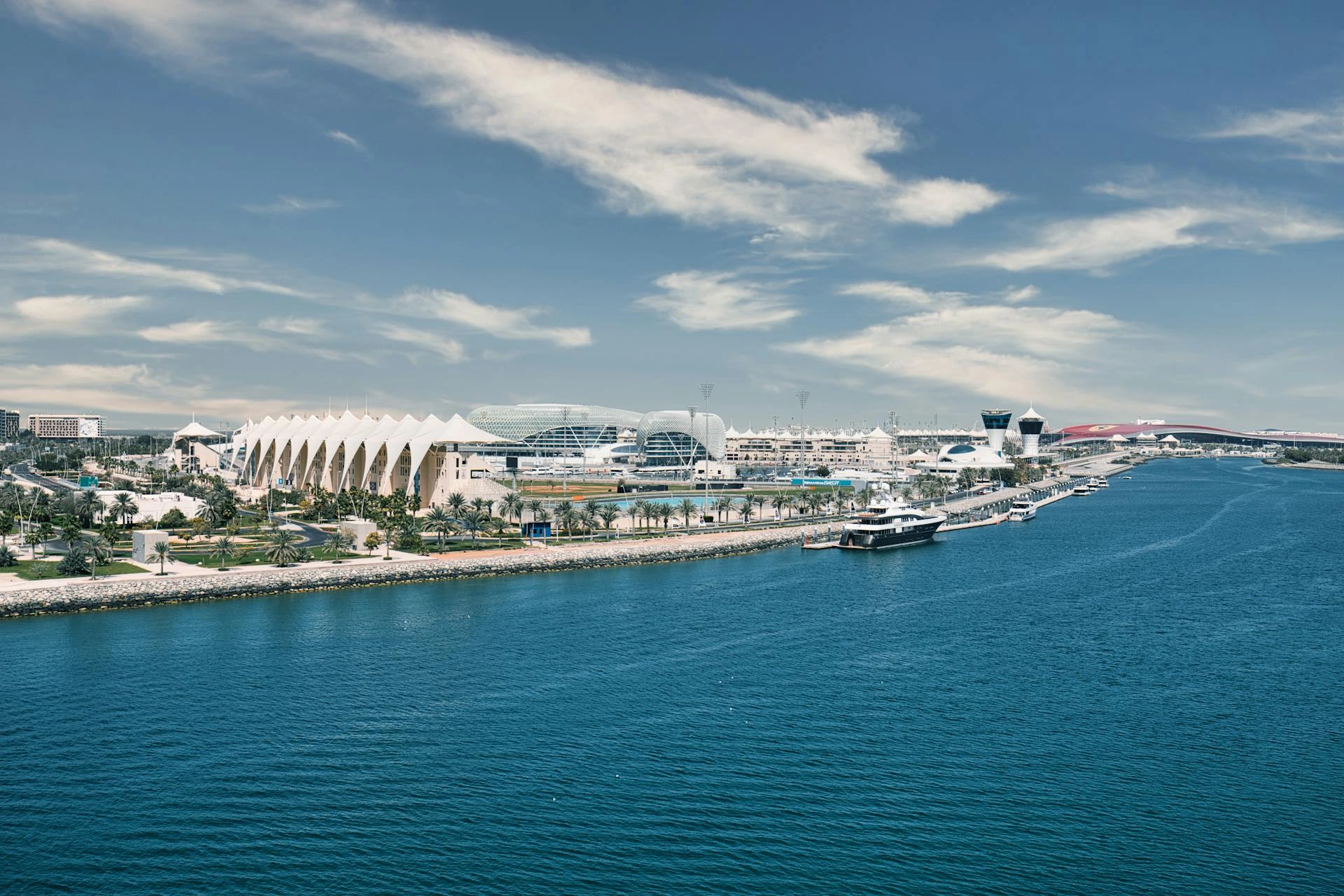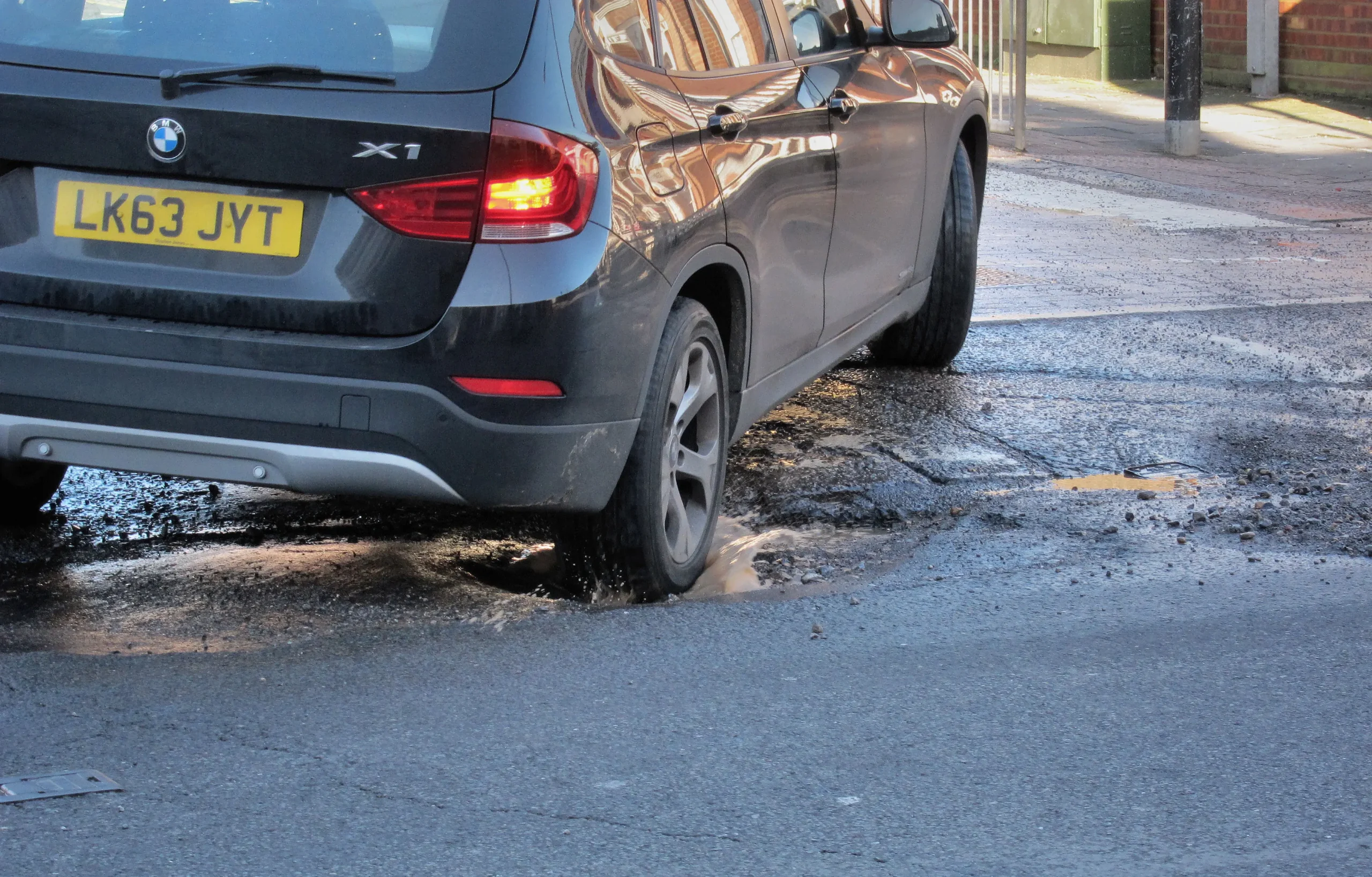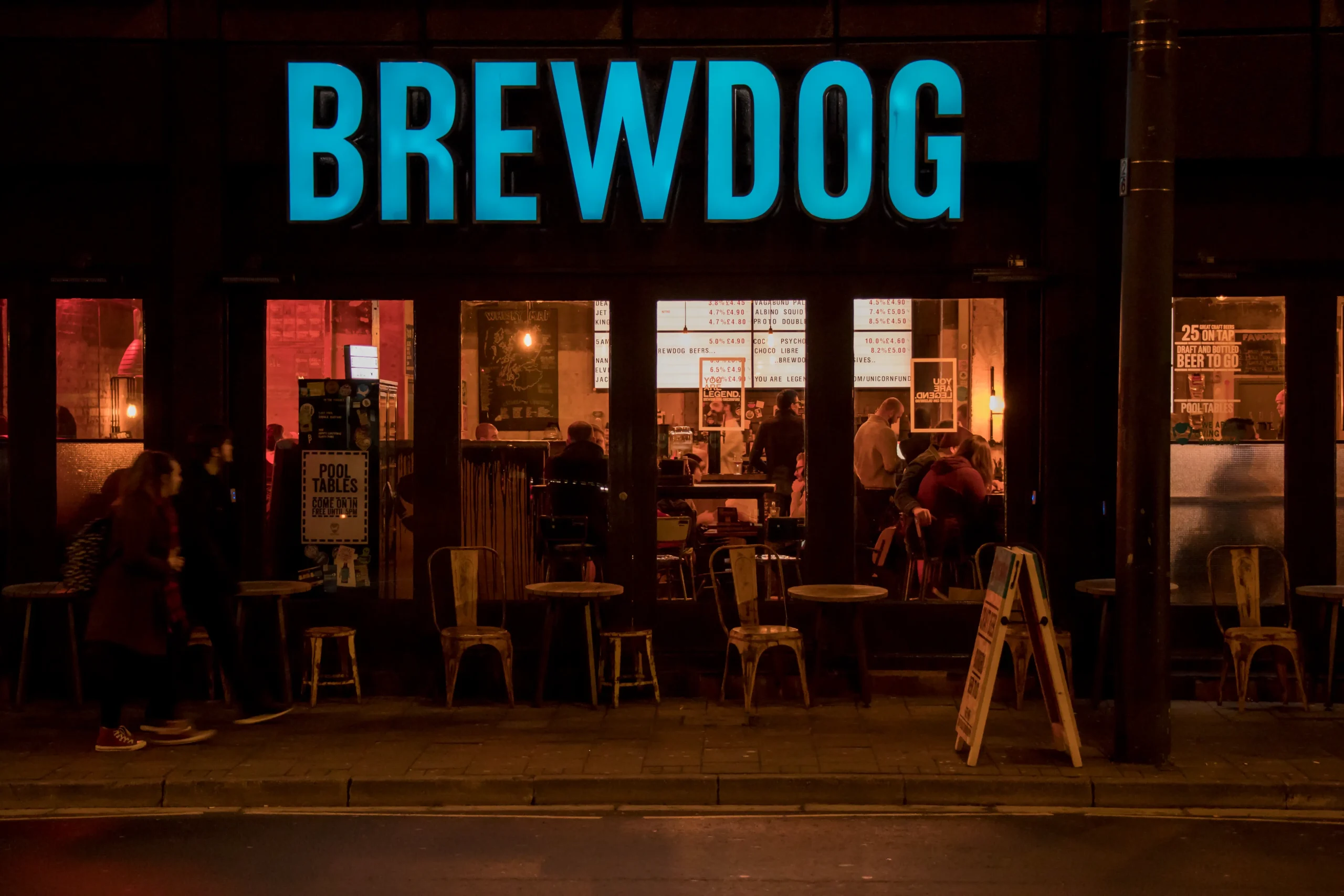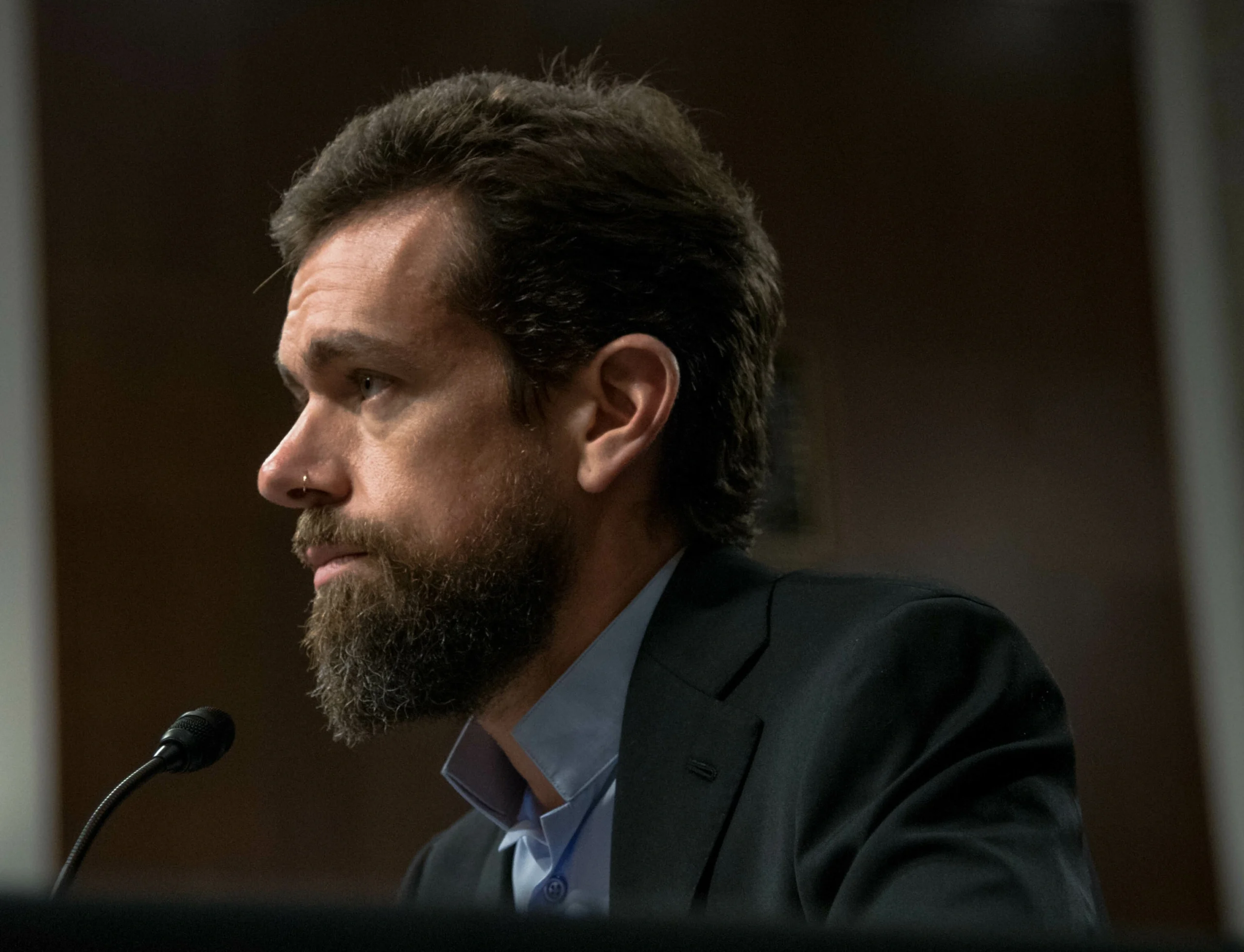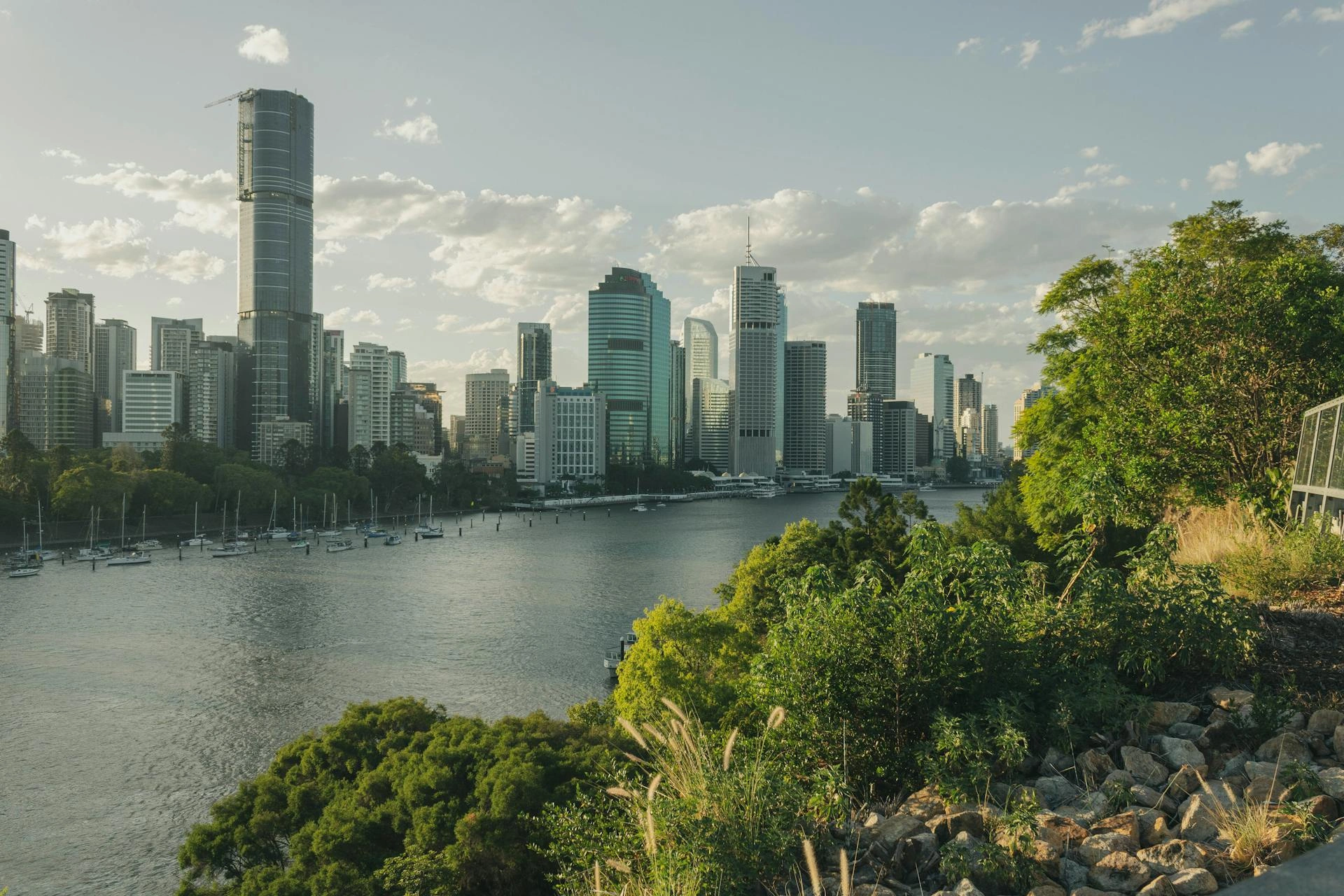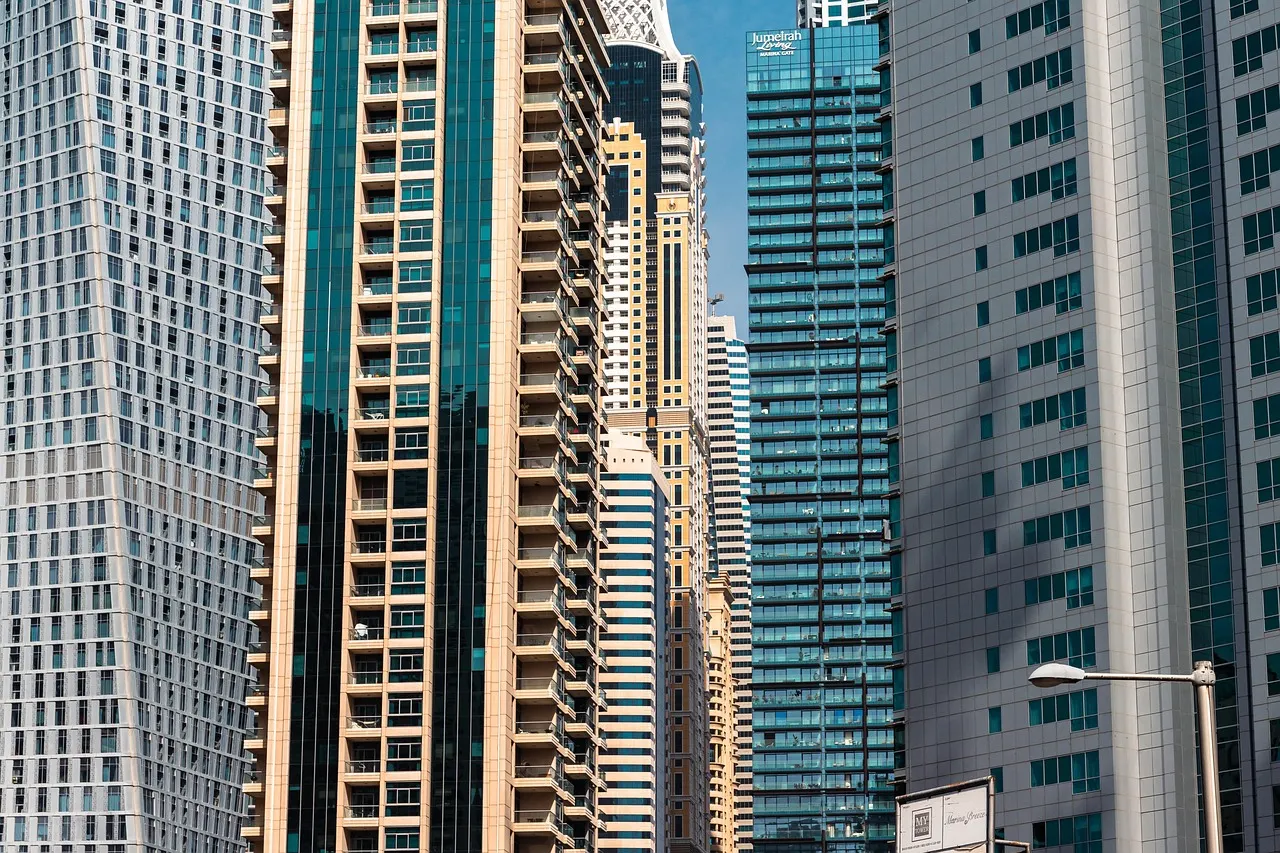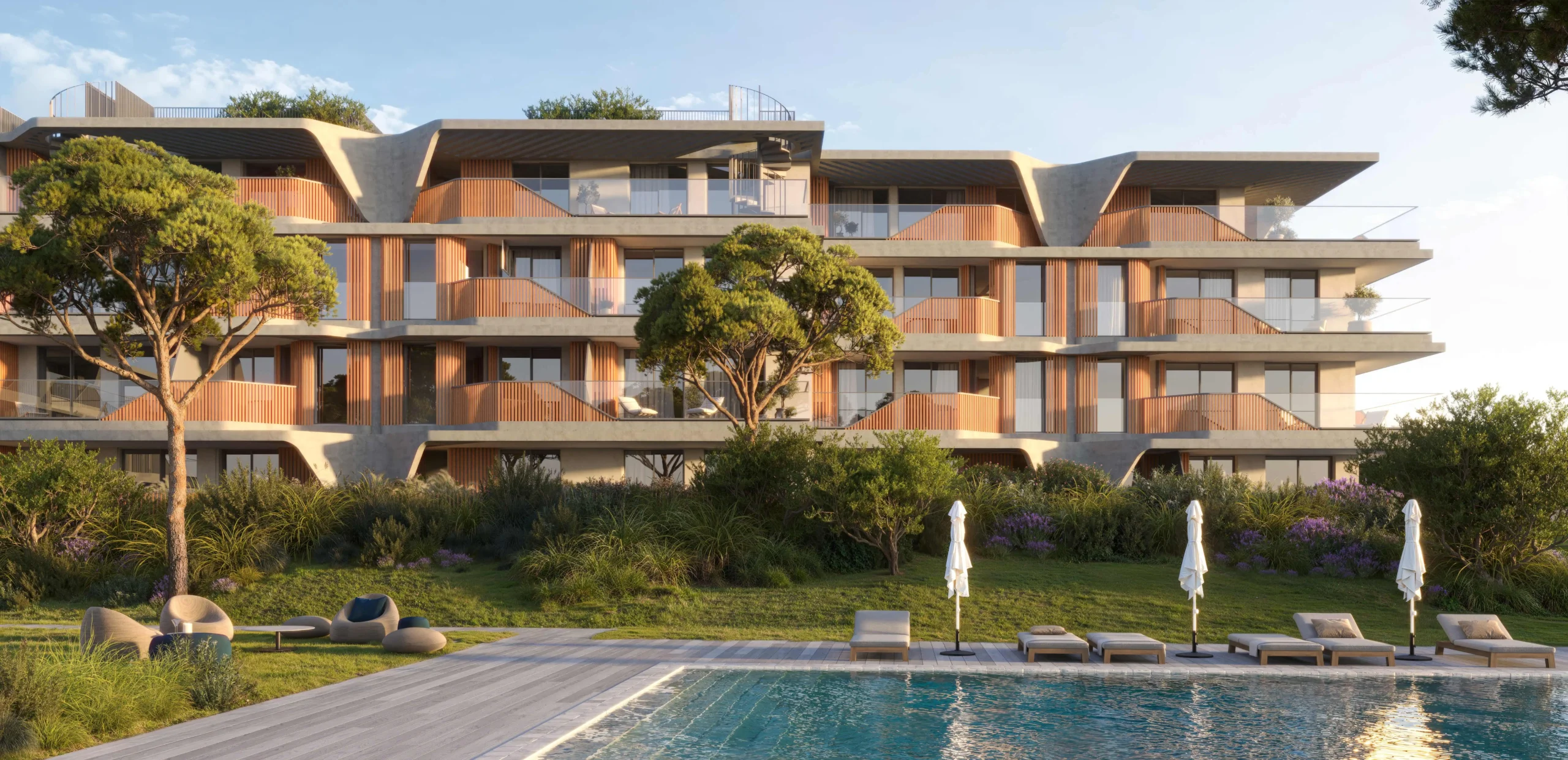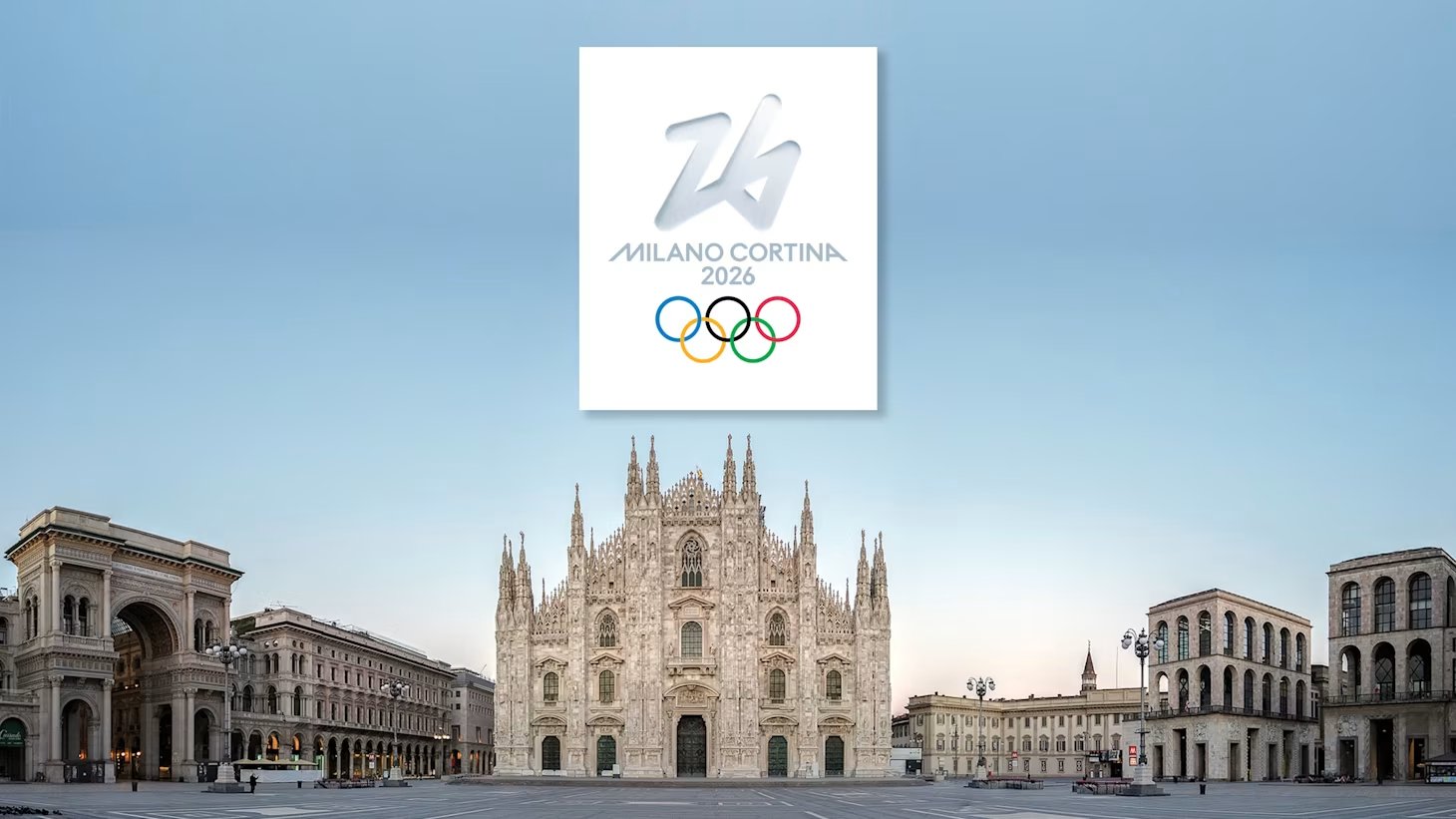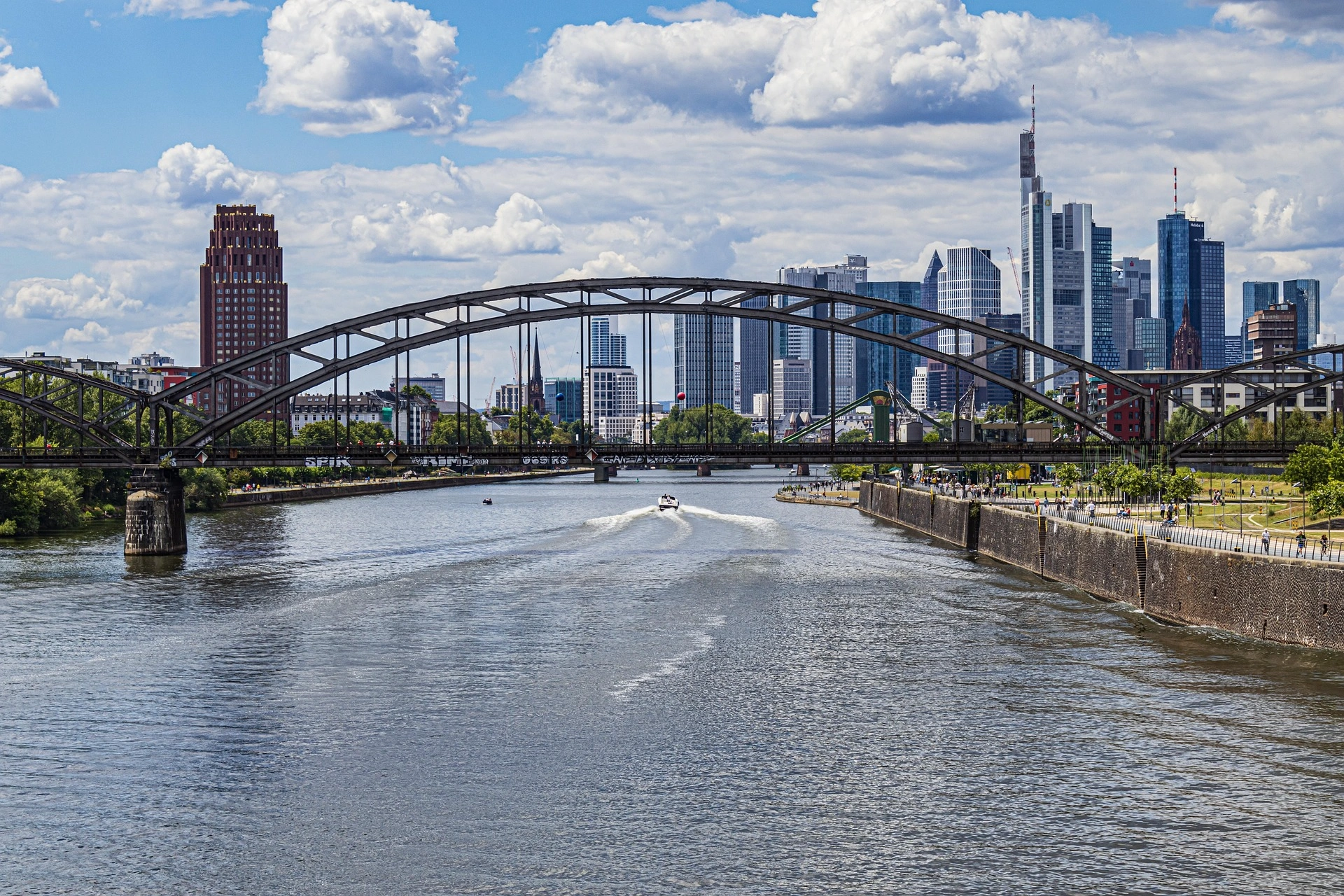Could tourists be ousted from Alcatraz? Trump calls for prison island’s return to service

John E. Kaye
- Published
- News
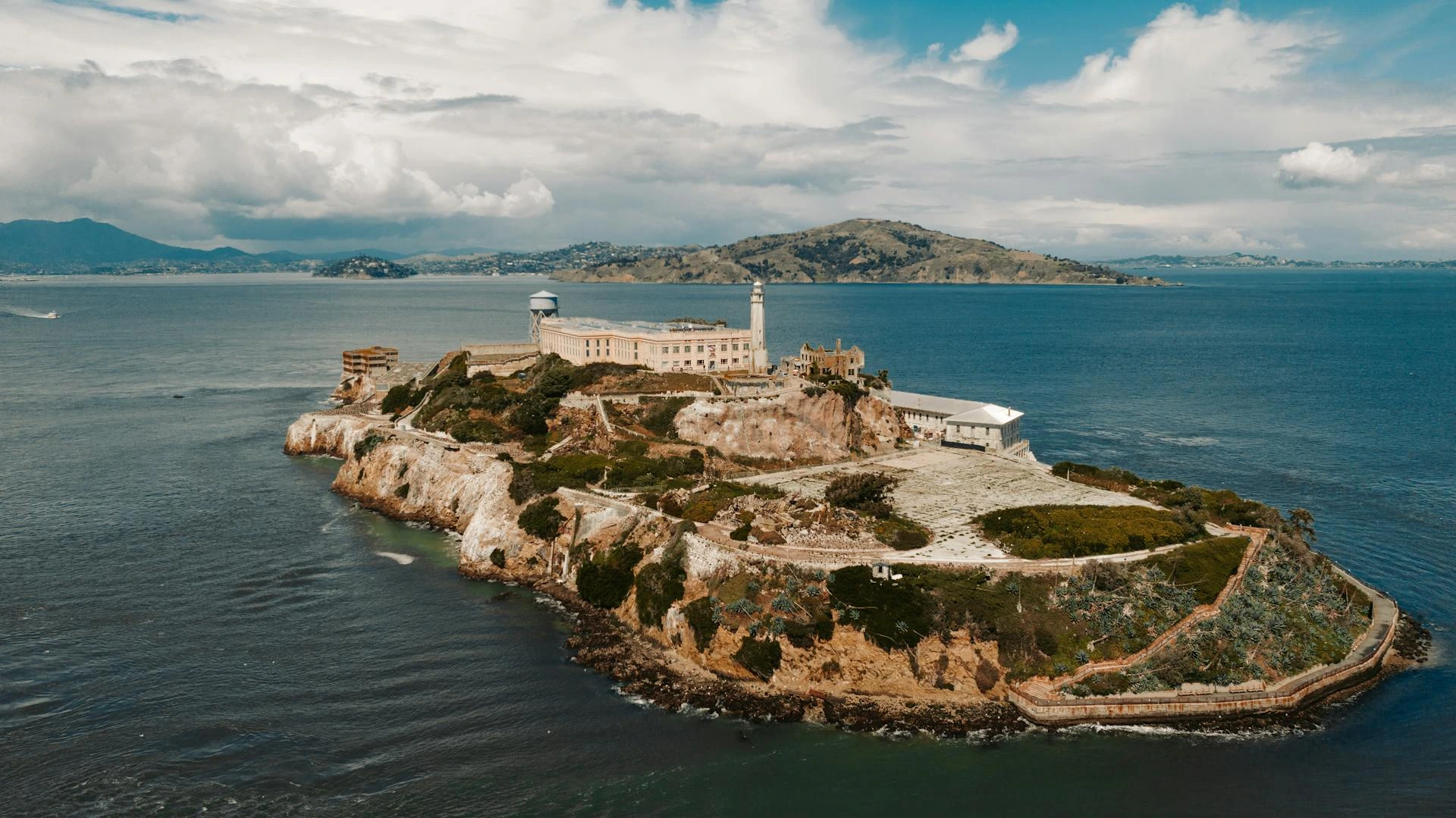
Donald Trump has announced plans to bring Alcatraz back into use as a federal prison, raising questions over the future of one of America’s most visited historic landmarks
The U.S. president told reporters on Sunday that the idea came from his frustration at “radicalized judges” accused of slowing down his deportations.
In a statement issued on his Truth Social platform, he said he had ordered the US Bureau of Prisons to reopen a “substantially enlarged and rebuilt” Alcatraz to house what he called “America’s most ruthless and violent offenders”.
“For too long, America has been plagued by vicious, violent, and repeat criminal offenders,” he wrote. “That is why… I am directing the Bureau of Prisons… to reopen ALCATRAZ.”
The National Park Service, which operates the island fortress as a heritage site and museum, has not commented on how such a proposal could affect public access. Alcatraz, in San Francisco Bay, currently welcomes more than a million visitors each year and ranks among California’s most iconic tourist attractions.
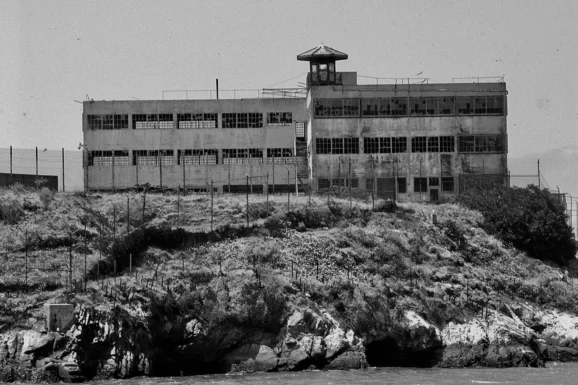
Known colloquially as The Rock, the prison was once considered America’s most secure penitentiary. Built to house escape-prone inmates, it operated between 1934 and 1963 and became infamous for holding mobsters including Al Capone and George “Machine Gun” Kelly. Its location—1.25 miles offshore, surrounded by strong currents and icy waters—was thought to make escape impossible.
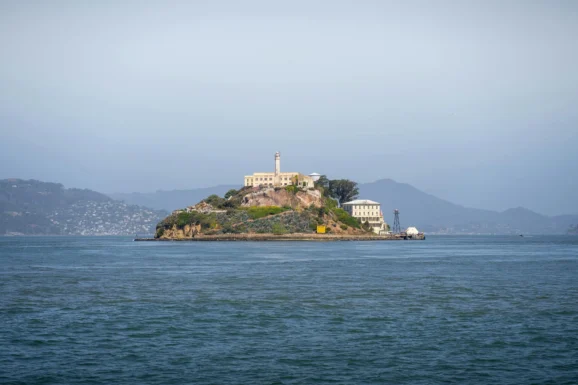
In reality, 36 men attempted to flee during its 29-year history. The most famous breakout involved Frank Morris and the Anglin brothers, who slipped out of their cells in 1962 using handmade tools and disappeared into the bay on a raft made of raincoats. Their story became the basis for the Clint Eastwood film Escape from Alcatraz.
The prison was eventually closed due to crumbling infrastructure and high operational costs. At the time, it was three times more expensive to run than any other federal prison. Since the 1970s, it has operated as a museum site under federal protection, with ferry access from San Francisco and self-guided audio tours through its preserved cell blocks and corridors.
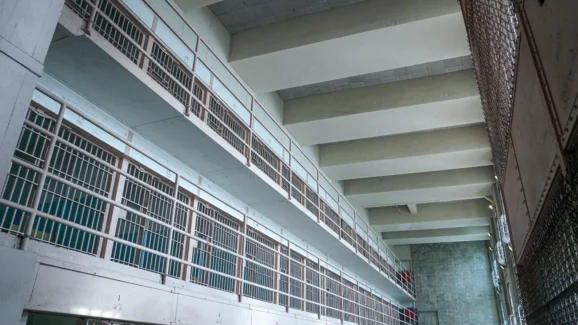
Trump’s statement also hinted at plans to detain undocumented migrants at the site. “We will no longer be held hostage to criminals, thugs, and judges that are afraid to do their job,” he wrote, claiming Alcatraz could serve as a model of “law, order, and JUSTICE”.
The response has been swift. Nancy Pelosi, the former Democratic House Speaker, whose district includes Alcatraz, dismissed the idea. “It is now a very popular national park and major tourist attraction. The president’s proposal is not a serious one,” she wrote.
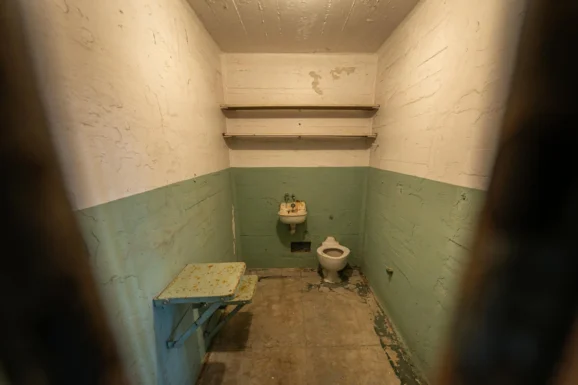
While the Bureau of Prisons confirmed it would comply with presidential orders, it declined to answer questions about whether reopening the island facility is practically possible—especially given its current role as a protected heritage site.
Main image: Kelly/Pexels. Other photos courtesy Clément Proust, Malcolm Hill, Mark Stebnicki, and Xiaoyi (all Pexels)
RECENT ARTICLES
-
 Banijay and All3Media to merge in €4.4bn deal creating global TV production giant
Banijay and All3Media to merge in €4.4bn deal creating global TV production giant -
 Abu Dhabi to build first Harry Potter land featuring both Hogwarts Castle and Diagon Alley
Abu Dhabi to build first Harry Potter land featuring both Hogwarts Castle and Diagon Alley -
 Could AI finally mean fewer potholes? Swedish firm expands road-scanning technology across three continents
Could AI finally mean fewer potholes? Swedish firm expands road-scanning technology across three continents -
 BrewDog collapses into administration as US cannabis group Tilray buys UK business for £33m
BrewDog collapses into administration as US cannabis group Tilray buys UK business for £33m -
 Government consults on social media ban for under-16s and potential overnight curfews
Government consults on social media ban for under-16s and potential overnight curfews -
 Twitter co-founder Jack Dorsey cuts nearly half of Block staff, says AI is changing how the company operates
Twitter co-founder Jack Dorsey cuts nearly half of Block staff, says AI is changing how the company operates -
 Brisbane named world’s best city to raise a family, with London second
Brisbane named world’s best city to raise a family, with London second -
 Hornby sells iconic British slot-car brand Scalextric for £20m
Hornby sells iconic British slot-car brand Scalextric for £20m -
 WPSL targets £16m-plus in global sponsorship drive with five-year SGI partnership
WPSL targets £16m-plus in global sponsorship drive with five-year SGI partnership -
 Dubai office values reportedly double to AED 13.1bn amid supply shortfall
Dubai office values reportedly double to AED 13.1bn amid supply shortfall -
 €60m Lisbon golf-resort scheme tests depth of Portugal’s upper-tier housing demand
€60m Lisbon golf-resort scheme tests depth of Portugal’s upper-tier housing demand -
 2026 Winter Olympics close in Verona as Norway dominates medal table
2026 Winter Olympics close in Verona as Norway dominates medal table -
 Europe’s leading defence powers launch joint drone and autonomous systems programme
Europe’s leading defence powers launch joint drone and autonomous systems programme -
 Euro-zone business activity accelerates as manufacturing returns to expansion
Euro-zone business activity accelerates as manufacturing returns to expansion -
 Deepfake celebrity ads drive new wave of investment scams
Deepfake celebrity ads drive new wave of investment scams -
 WATCH: Red Bull pilot lands plane on moving freight train in aviation first
WATCH: Red Bull pilot lands plane on moving freight train in aviation first -
 Europe eyes Australia-style social media crackdown for children
Europe eyes Australia-style social media crackdown for children -
 These European hotels have just been named Five-Star in Forbes Travel Guide’s 2026 awards
These European hotels have just been named Five-Star in Forbes Travel Guide’s 2026 awards -
 McDonald’s Valentine’s ‘McNugget Caviar’ giveaway sells out within minutes
McDonald’s Valentine’s ‘McNugget Caviar’ giveaway sells out within minutes -
 Europe opens NanoIC pilot line to design the computer chips of the 2030s
Europe opens NanoIC pilot line to design the computer chips of the 2030s -
 Zanzibar’s tourism boom ‘exposes new investment opportunities beyond hotels’
Zanzibar’s tourism boom ‘exposes new investment opportunities beyond hotels’ -
 Gen Z set to make up 34% of global workforce by 2034, new report says
Gen Z set to make up 34% of global workforce by 2034, new report says -
 The ideas and discoveries reshaping our future: Science Matters Volume 3, out now
The ideas and discoveries reshaping our future: Science Matters Volume 3, out now -
 Lasers finally unlock mystery of Charles Darwin’s specimen jars
Lasers finally unlock mystery of Charles Darwin’s specimen jars -
 Strong ESG records help firms take R&D global, study finds
Strong ESG records help firms take R&D global, study finds


